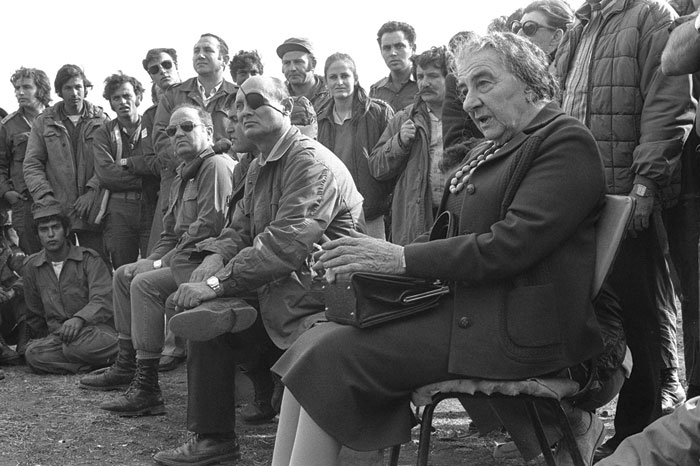
Fifty years have passed, but in Israel it is still impossible to disentangle the tremble and awe of Yom Kippur from the trauma of the 1973 Yom Kippur War. And after 50 years three issues concerning the war are still under debate, even though most facts about the war are now known: Was it possible to prevent a war? Why was Israel’s intelligence blind to the imminence of war? Did Israel win or lose the war?
The first debate concerns the statesmen — mainly Prime Minister Golda Meir. At its core is an assumption, or an assertion, that a courageous acceptance of a peace offer would have prevented the war. This is a claim that is common among scholars and pundits with a distinct political position. That is to say: It is common on the left. The same people who always say that Israel doesn’t really seek peace, argue that in 1972 Israel had an opening to prevent the war, had it responded more positively to exploratory messages from Egypt via the US.
The second debate concerns the insistence of Israel’s military intelligence that Egypt would not dare start a war. Many secondary questions, that war buffs tend to deliberate, branch off from this question: Was Egyptian insider Ashraf Marwan a spy or a double agent? Why weren’t certain “special” technological devices activated?
The third debate concerns the IDF and its response to the surprise attack. Did it excel, or falter? Here, too, many secondary questions obscure the main issue: Questions about the Bar Lev line of defense in Sinai, about the manning of the fortifications on the Suez Canal, about the politicking of generals, about the initial failure of the Air Force to make a difference.
In the last 20 years, and especially this year, a flood of books and documentaries rehash the drama of the war. There is nothing like it in the history of Israel. There have not been as many books written about the War of Independence — Israel’s most important war. There is nothing similar dealing with the Six Day War — the most brilliant victory. There is no such deliberation about the First Lebanon War — which began a 20-year saga. Why? Good question.
It’s not the number of casualties — because more Israelis were killed during the War of Independence. It’s not the long-term consequences — because the Six Day War is no less consequential. This is not the folly of statesmen — if we suppose there was folly — because the public debate on Lebanon was no less difficult.
In one of the new books, “Recovery,” Prof. Uri Bar-Yosef effectively deals with an important controversy concerning the war. Bar Yosef has written several books about the War. Is this one his last? I had a feeling that it is. So, I called, and he confirmed it. This is the last one. The 50th anniversary will probably be the last year of the flood of 1973 documentation. War veterans have reached the age of writing books, wrote what they wanted to write and probably exhausted their energy. The next generation of books will be written by younger people, who don’t remember the war.
Bar-Yosef — 24 when the war erupted — wrote a book that’s unique in a surprising way: he does not subscribe to the common narrative that the war was some kind of predetermined affair. What is this narrative? Put simply, it is a story about a euphoric post-1967 Israel, that is punished for its sense of hubris. Israel’s sin was pride; its purgatory was war.
There is a long tradition of tales about hubris and fall in every mythology of every people. There are deep psychological reasons for clinging to such narrative. Strangely, there is something comforting about it. The cruelty of reality is explained away by providential necessity. Humans have a need to assume that the world is not random and capricious. They have a need to assume cause and effect.
Bar Yosef’s book is provocative because it comes close to eliminating the cause. In his tale, the war is not a story of sin and punishment. It is a collection of almost unrelated small negligence. Triviality that leads to catastrophe. What is the lesson: Maybe “do your job.” Not much of a lesson for a nation seeking an answer grand enough to answer for a drama of a nightmarish proportion.
And yet, there it is. That’s the argument. In Yom Kippur we tremble and immerse feeling purified. But the Yom Kippur War has no such spiritual quality. It was brutal and tragic. That’s all.
Something I wrote in Hebrew
I keep warning that passing a permanent draft exemption for Haredis could lead to dramatic outcome:
Legitimacy of draft evasion – a likely result of total draft exemption – is the most dangerous thing that can happen to the IDF, because the state does not have the ability to recruit masses by force. Israel is not built for this, Israel’s society is not built for this, the military is not built for this. Legitimacy of draft evasion could lead to an increase in the rate of those who do not enlist, which will lead to more legitimacy for evasion, which will lead to another increase – and the model of the “people’s military” will soon collapse.
A week’s numbers
Before Yom Kippur, here’s what Jewish Israelis told us they were personally praying for (if /when they pray):
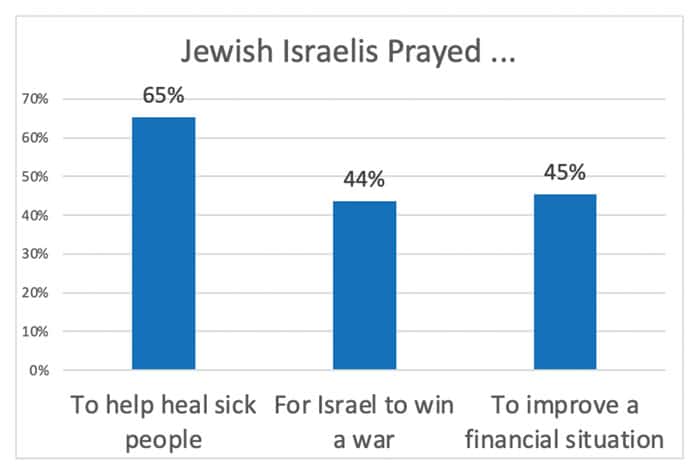
A reader’s response:
Jacob Rush asked: “Can you tell me why Bibi wanted to meet with Elon Musk?” My answer: He is truly interested in AI and its meaning.
Shmuel Rosner is senior political editor. For more analysis of Israeli and international politics, visit Rosner’s Domain at jewishjournal.com/rosnersdomain.









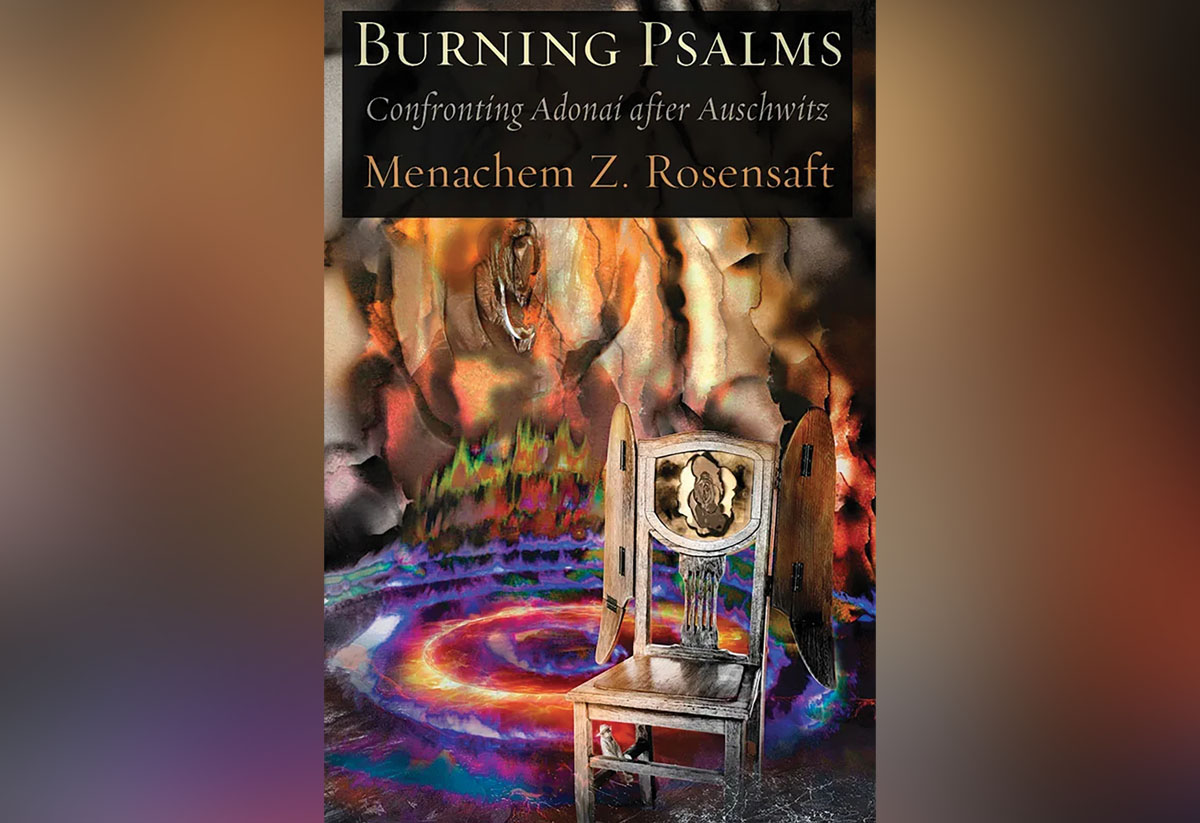

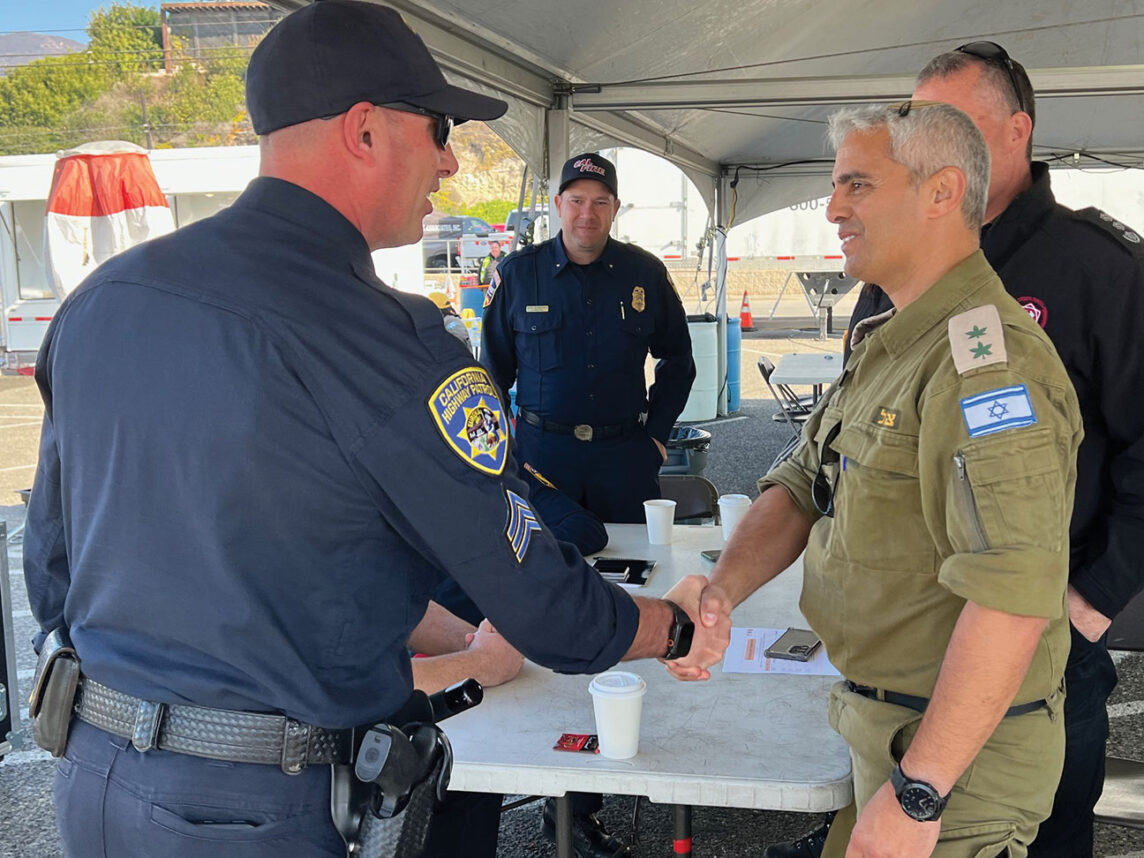

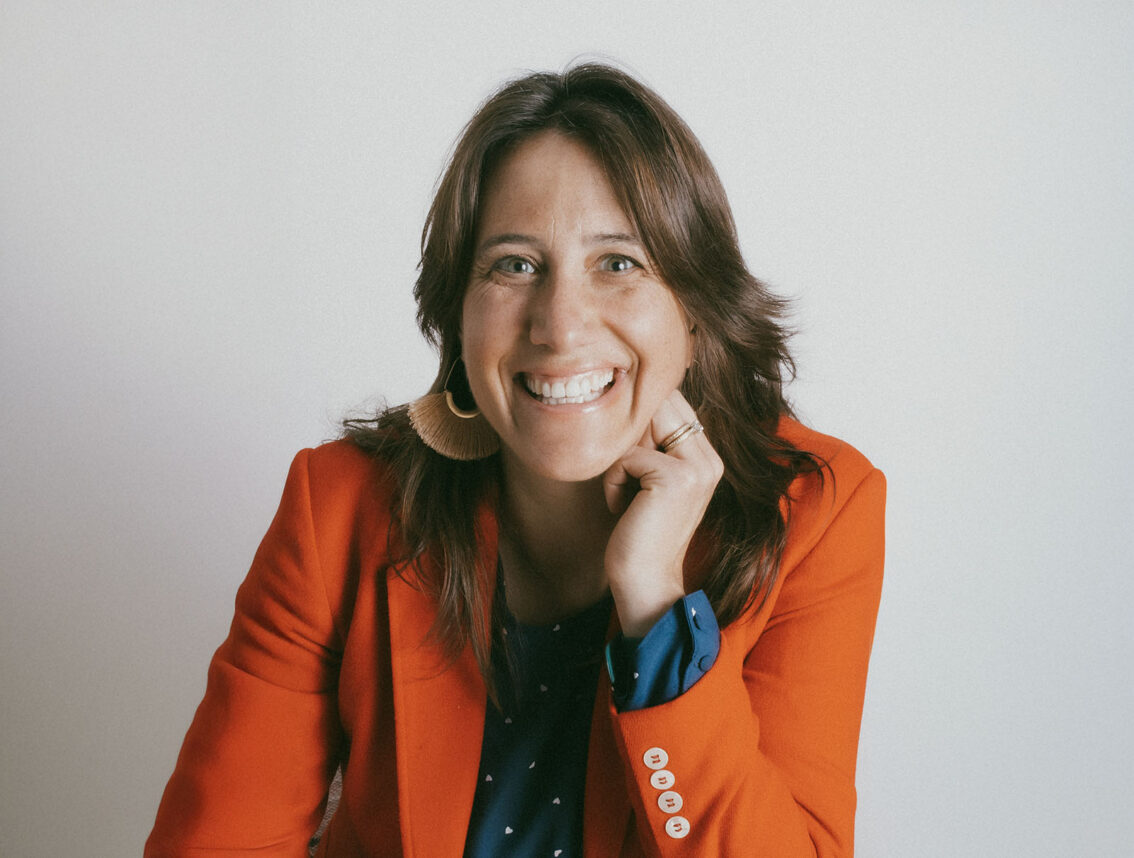






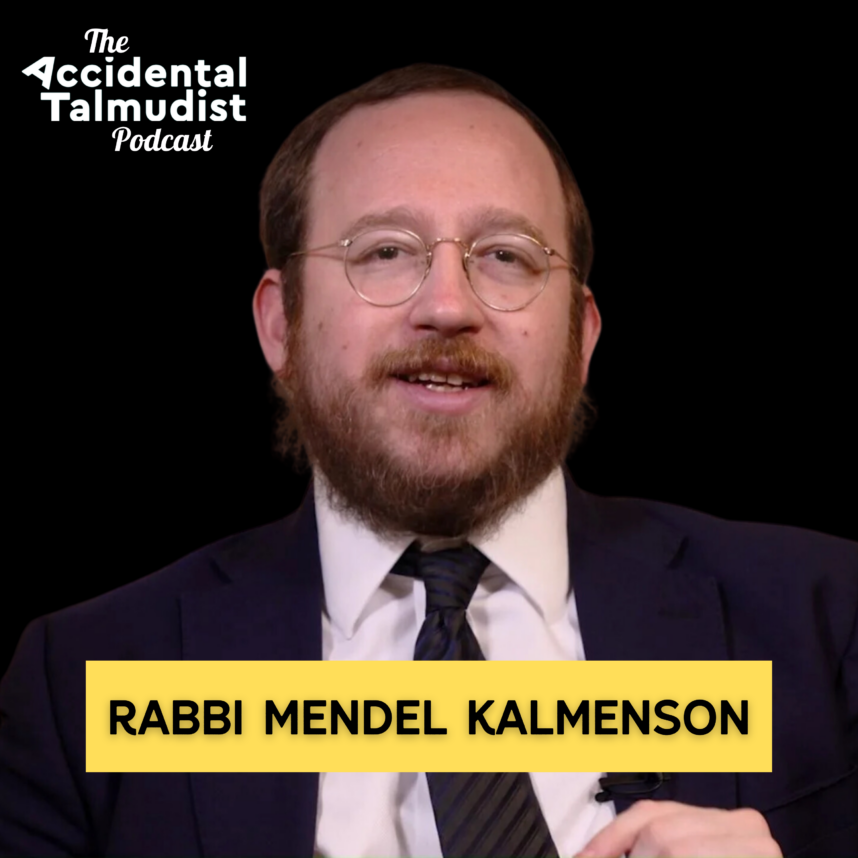
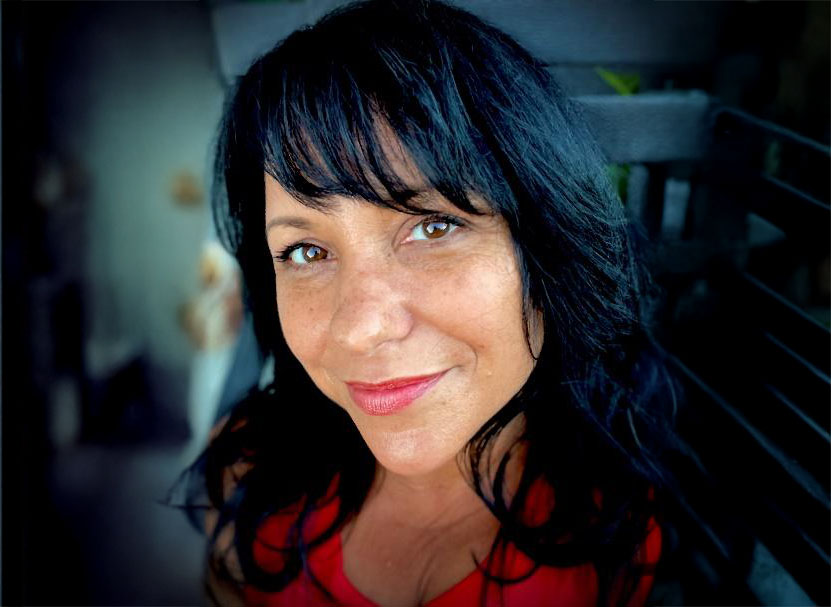

 More news and opinions than at a Shabbat dinner, right in your inbox.
More news and opinions than at a Shabbat dinner, right in your inbox.